Legacy Scandal: '˜Historical advisers would help put Troubles deaths in context,' says Henry Patterson
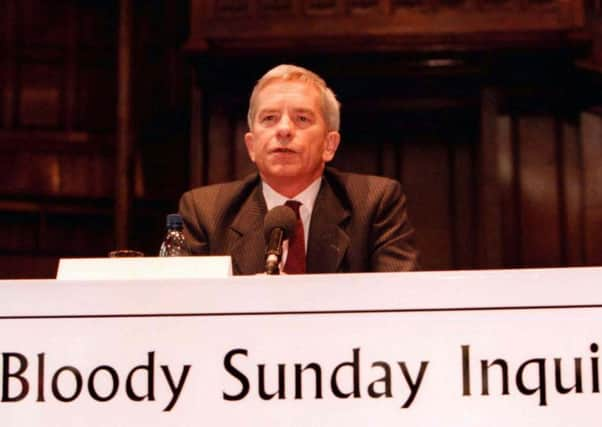

According to the Secretary of State in her Foreword to the legacy consultation, any proposals for dealing with the past “must promote reconciliation so that, in coming to terms with the past, we enable the people of Northern Ireland to move on to build a better future”.
It is one thing to claim that the current set of structures and processes that deal with the past, are not working.
Advertisement
Hide AdAdvertisement
Hide AdIt is something entirely different to claim that the proposed institutions will help to transform for the better a situation where, according to the Police Ombudsman, Dr Michael Maguire, “competing narratives of the past in Northern Ireland are more polarised now than ever before”.
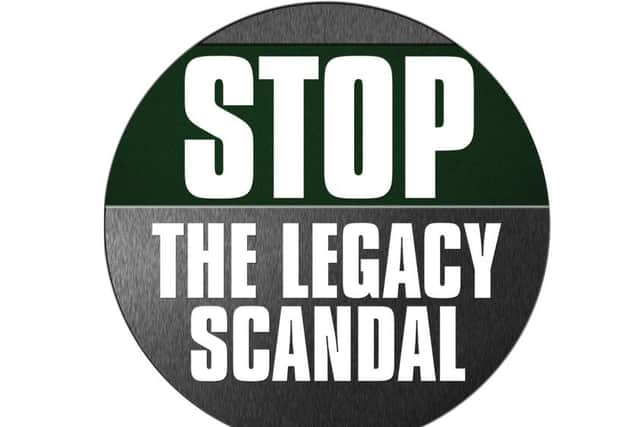

Dr Maguire made this claim in an address to a conference on legacy issues at Queen’s University in May of this year.
His address, from someone with years of experience in investigating the past as it relates to police actions, was notable for its scepticism about the role of the core institution at the heart of the new structures — the Historical Investigations Unit (HIU): “As it stands the proposed HIU picks up the can and kicks it further down the road.”
I take this to mean that in terms of the broader objective which he thinks any legacy process should have of healing division, the proposed HIU will continue the polarising effects of current processes.
Advertisement
Hide AdAdvertisement
Hide AdIt is to the other proposed institutions to do with oral history, information retrieval and reconciliation that he identifies new and potentially positive ways of dealing with the past.
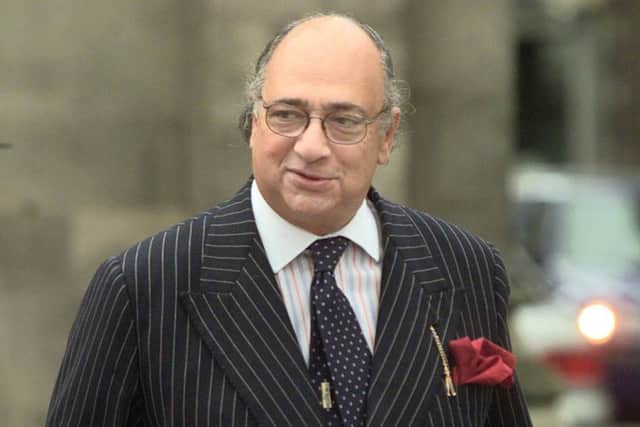

The problem is that any positive effects the other institutions might have will be undermined by likely political responses to a caseload for the HIU which will have a disproportionate focus on state agents.
Is there any way in which the HIU could be restructured in such a way that its reports do not simply become raw material in the ongoing war over meta-narratives about the conflict?
Here again the ombudsman raised a question that might, depending on how it is answered, point to way of challenging polarising narratives.
Advertisement
Hide AdAdvertisement
Hide AdHe raises the issue of how the HIU would deal with allegations of collusion.
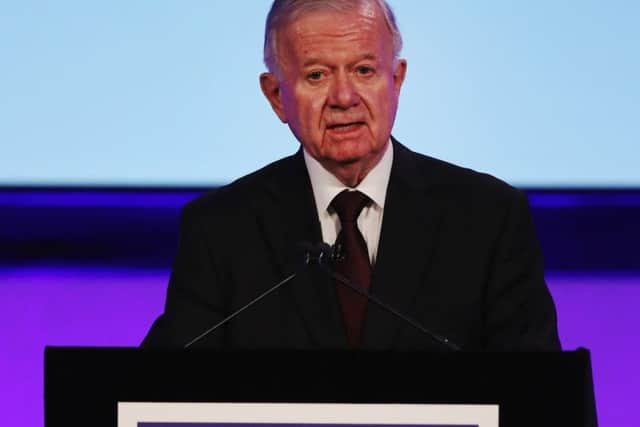

In the present proposals issues like collusion, or the role of the Irish state during the conflict, are left to be dealt with at the end of the process as part of the ‘themes’ to be addressed by academics selected by the Implementation and Reconciliation Group (IRG).
There is no provision for themes or contextual issues to be addressed by the HIU.
This leaves an open field for exploitation of individual cases to support existing narratives and produce a predictable polarising effect.
Advertisement
Hide AdAdvertisement
Hide AdThere is an alternative which has already been followed in the Saville (on Bloody Sunday), De Silva (on Pat Finucane) and Chilcot (on Iraq) inquiries which is the employment of historical advisers to provide the necessary contextualisation of individual deaths.
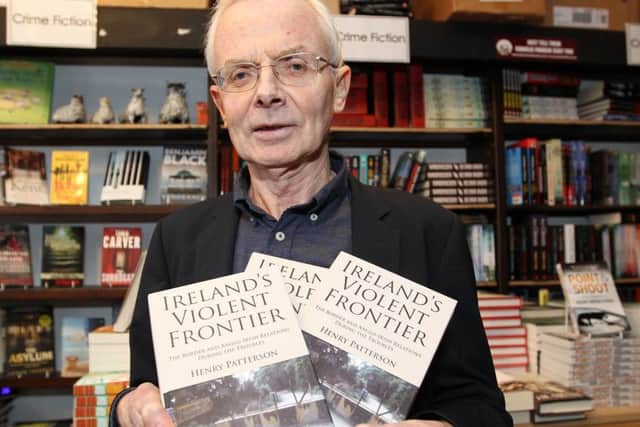

In many of the most controversial cases there will be files from the intelligence and security services and historians trained to evaluate such material would be of immense value in making sense of what happened.
As much of this material relates to matters which are not devolved, the British government would need to be involved in the appointment process, as would the Irish government, given the important of cross-border security issues.
This would also have implications for the case-load of the HIU.
Advertisement
Hide AdAdvertisement
Hide AdAs the Historical Enquiries Team (HET) did not use historical advisers, those families who have already received an HET report would now have the right to have their cases reconsidered by the new structures.
While this would mean more resources and time for the process to be completed, it would also remove one of the strongest objections made to the proposed HIU: that it will focus disproportionately on state actors.
There is no guarantee that this transformation in the structure of the HIU and an increase in the number of cases to be considered would be sufficient to guard its workings from falling victim to our on-going war of narratives.
As Dr Maguire informed the QUB audience: even when his investigation of two cases involving claims of collusion established that in fact there was no evidence of collusion, the families involved did not accept his findings.
Advertisement
Hide AdAdvertisement
Hide AdSaville found no evidence of involvement of the Heath government in giving orders for the use of deadly force on Bloody Sunday.
De Silva found no evidence of a British state policy of collusion in the murder of Pat Finucane.
In both cases families involved and their supporters rejected the findings.
In the legacy battle republicans came armed with an already honed narrative of centuries of British and unionist oppression.
Advertisement
Hide AdAdvertisement
Hide AdUnionists depended on the British state to ideologically defend their position and have been frustrated by a mixture of indifference and at times uncritical acceptance of republican mythology.
The present proposals are heavily contaminated by this prior history of British accommodation and it remains to be seen whether unionists can prevent the implementation of a process that will only result in the further institutionalisation of a ‘dirty war/collusion’ narrative of the Troubles.
• Henry Patterson is emeritus professor of Irish politics at the University of Ulster and author of Ireland’s Violent frontier: The Border and Anglo-Irish Relations During the Troubles
MORE ON LEGACY SCANDAL SERIES BELOW:
Advertisement
Hide AdAdvertisement
Hide AdAdvertisement
Hide AdAdvertisement
Hide AdAdvertisement
Hide AdAdvertisement
Hide Ad